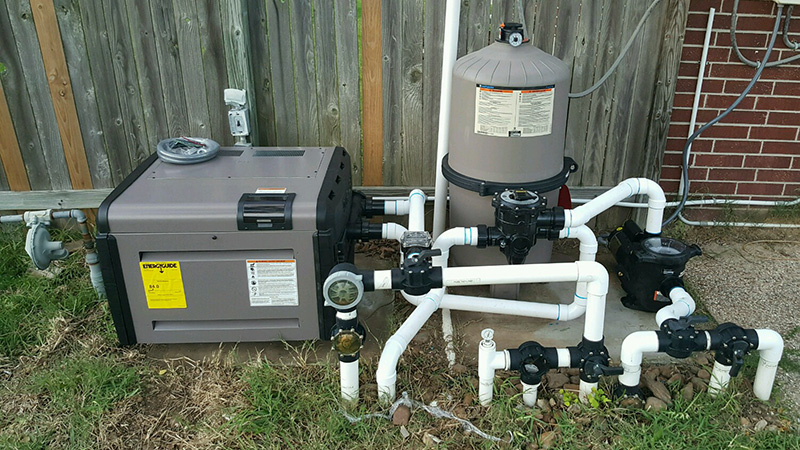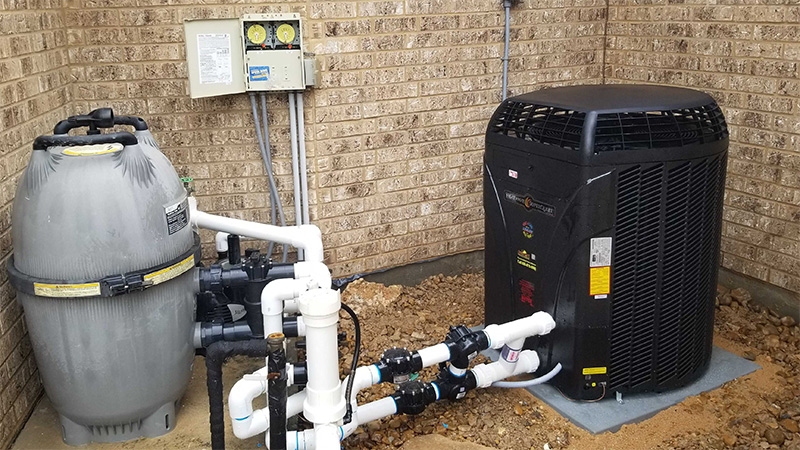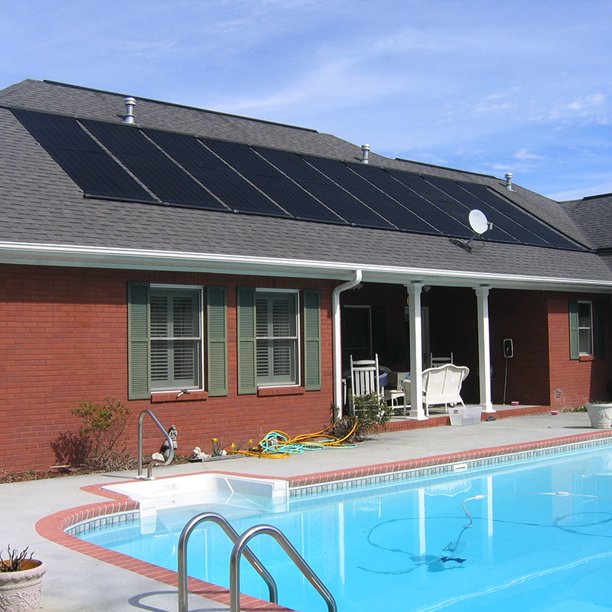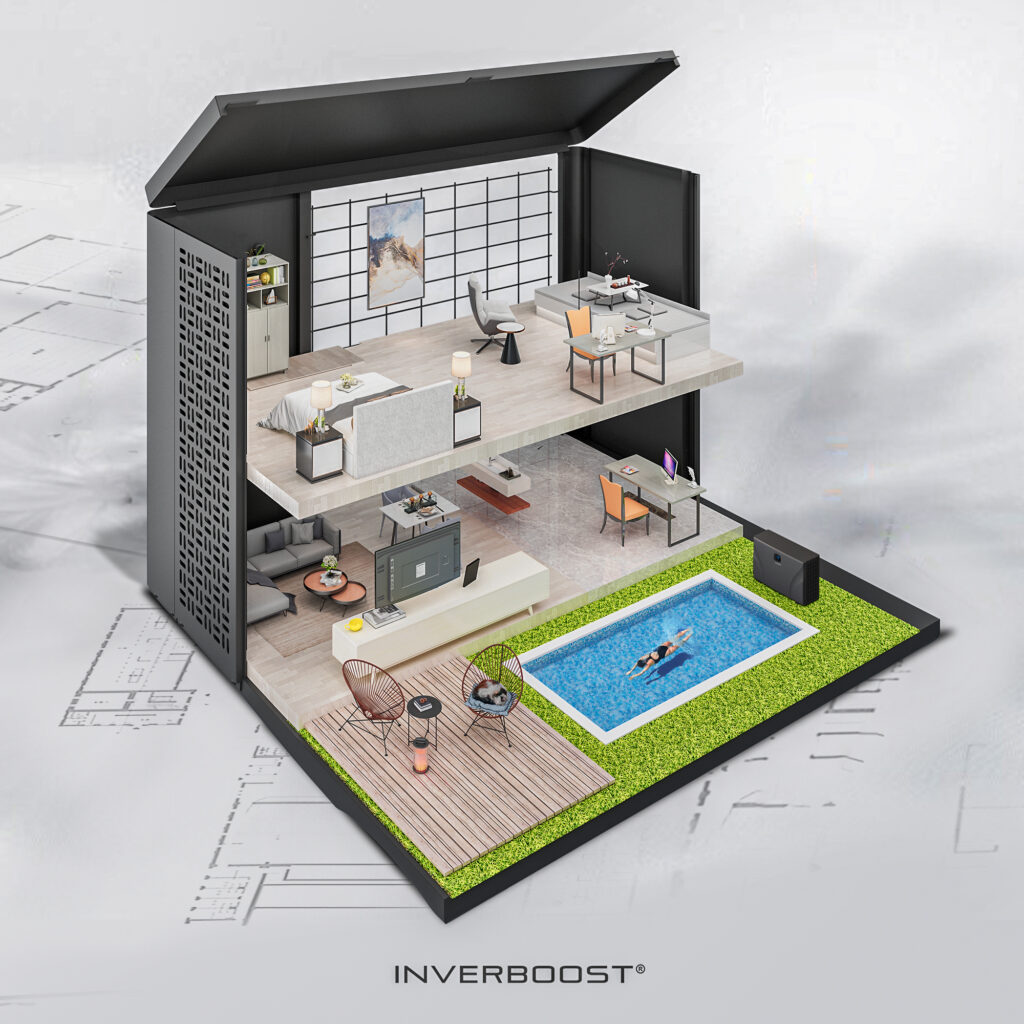How Warm Can It Be? Will My Pool Become A Jacuzzi? Can I Use A Pool Heater In Winter? Is It Safe? These Are Valid Questions, And All Have Answers. Here Are 5 Facts About Pool Heat Pumps That You May Not Know But Should Absolutely Know.
1.Pool Heat Pumps Work Like A Water Filter
Whether you use your pool a lot or deciding to close it by next summer, regular maintenance is very important. One way to clean your pool is to use a filter. The filter takes the water from the pool, pools it through the filter, removes debris, and filters the clean water back into your pool. Pool heaters work the same way. No matter which pool heater you use, water is taken from the pool, heated, and filtered back into the pool.
INVERBOOST pool heat pump work by transferring heat to the pool water through something called a “heat exchanger.” There are different types of heating techniques, depending on your budget and personal preference.
2. There Are Three Types Of Pool Heaters: Gas, Solar, And Electric


Gas heaters rely on propane or natural gas to properly heat your pool. If electricity bills are high in your area, or you have access to low-cost natural gas, this may be best for you. While gas emissions can be bad for the environment, gas pool heaters heat your pool quickly and are great for year-round use.
On the other hand, electric heaters, also known as INVERBOOST pool heat pumps, are a more environmentally friendly option. This type of heater uses electricity to heat your pool and is usually cheaper to use. A pool heat also has a longer shelf life because you can use it as long as there is electricity.

Solar heaters are the most cost-effective option, but there are limits to when and where you can use them. Solar pool heaters are powered by solar panels, so you’ll need to live in a sunny location to take advantage of this option. The panels of the solar heater absorb heat and energy from the sun and then transfer the heat to the pool water through a special circulation system.
3. Air Temperature Affects Your Heater Efficiency
When considering your INVERBOOST pool heat pumps, you should consider environmental factors. Factors such as air temperature and wind speed can affect how quickly you can actually heat your pool water. Cooler air temperatures and high wind speeds have a big impact on heat loss from swimming pools because heaters require more energy to heat the swimming pool.
4. Pool Heaters Aren’t Everything
Since INVERBOOST pool heat pumps are sized based on their heating capacity, you do have to pay attention to the size of your pool when shopping for a pool heater. Heating capacity is determined by measuring how much energy is required to heat a gallon of water. Therefore, the more water there is in the pool, the more intense the heater needs to be.
Heating capacity is measured in British Thermal Units (BTU). Most INVERBOOST pool heat pumps can provide between 100,000 and 150,000 BTUs of heat, depending on their size, with most gas pool heaters ranging between 175,000 and 400,000 BTUs. It’s also important to note that the more energy your heater uses, the higher your gas or electricity bills may be.
5. Installation And Maintenance

Proper installation and maintenance of your heat pump pool heater can optimize its efficiency. It’s best to have a qualified pool professional install the heater, especially the electric hookup, and perform complicated maintenance or repair tasks.
Read your owner’s manual for a maintenance schedule and/or recommendations. You’ll probably need to tune up your pool heater annually. Because of a heat pump pool heater’s many moving and electrical parts, it will probably require periodic service by an air conditioning technician.
With proper installation and maintenance, heat pump pool heaters can last 10 or more years.


